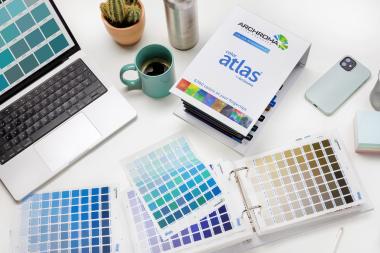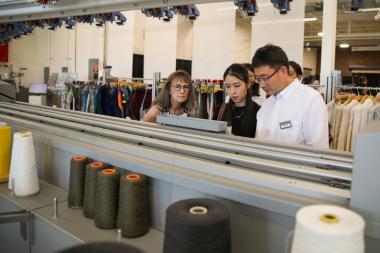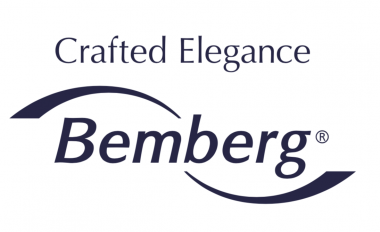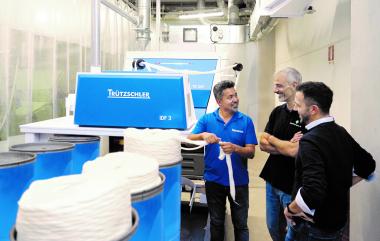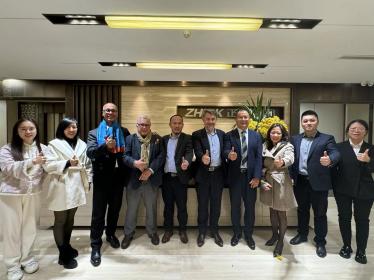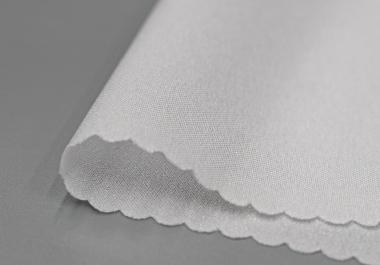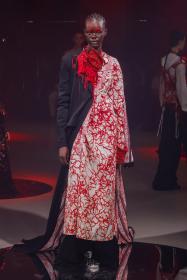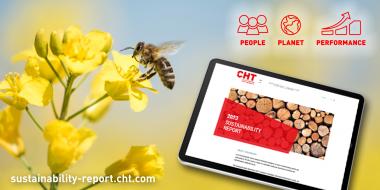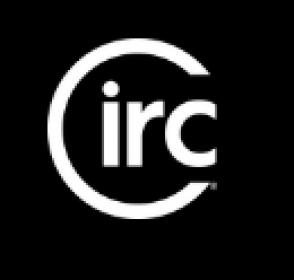Color Atlas by Archroma® with Mini Flex and Mini Palette editions
Archromais introducing an innovative portable version of its Color Atlas by Archroma® color catalogue to help streamline textile and fashion industry workflows with convenient color comparison.
The Color Atlas by Archroma®, Mini Flex and Mini Palette editions are available as libraries of textile color swatches that set a new standard for efficient color selection and comparison while on the go, in the office, factory or in a work-from-home setting.
Color comparison is a fundamental part of the work of designers and their textile mill and brand partners. However, achieving the perfect color match or color harmony without convenient access to color library reference books has long been a challenge. Physical color libraries can be bulky and heavy with even compact editions of physical libraries are too big to fit into a backpack or shoulder bag. The new Color Atlas by Archroma® formats give designers a visual companion tool for digital color libraries may not be accurate due to the limitations of the user’s smartphone or tablet display.
The Color Atlas by Archroma® Mini Flex and Mini Palette editions overcome these challenges. Both formats are user friendly and travel-ready, with no mask required to isolate colors for selection and comparison.
- The Mini Flex edition features textile color chips that allow users to quickly find and compare colors with their desired target color.
- In the Mini Palette edition, individual color chips are inserted into slots in plastic palette sheets for ease of use and portability. Users can carry the pre-made palette sheet swatches or customize a palette sheet using chips from several swatches.
Both Color Atlas by Archroma® Mini Flex and Mini Palette formats contain 5,760 colors: 4,320 cotton colors and 1,440 polyester colors. Each of the colors are also available from Archroma as Engineered Color Standards that include achievability information on alternate fiber types, precise dyeing recipes formulated with products that comply with leading international eco-standards, digital data for recipe predictions, dye eco compliance information and access to expert technical support from Archroma around the world.
Archroma


